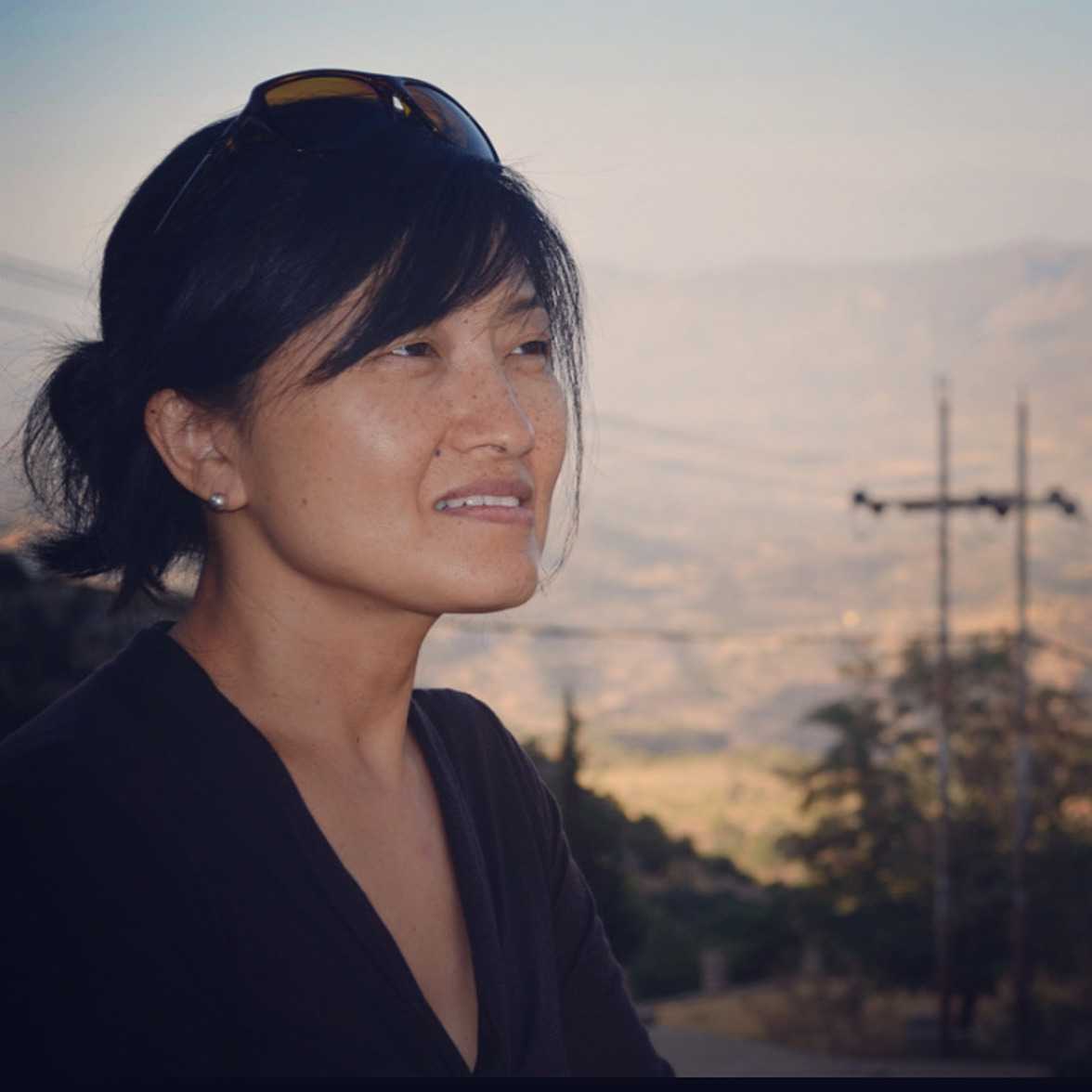Q: Has your career trajectory panned out as you planned?
A: "I was born stateless in a refugee community and honestly never had a recognizable career plan. Instead, I had a set of questions that kept pulling me forward toward my current work on asymmetric statehood. These questions were about dispossession and I puzzled through them first through the study of international law, and later through a PhD that dismantled legal ideologies and the doctrine of sovereignty that struck me as limiting our understanding of state power. Along the way, I also began community-based education and service work with my family inside Tibet. That work grew into Machik, a nonprofit dedicated to Tibetan empowerment I cofounded with my sister Dr. Losang Rabgey. In supporting a dynamic network of Tibetan social innovators and changemakers, as well as the education of thousands of students in Tibet, the work of Machik gave me insight into the potential for human agency even under extreme political conditions."
"These multidimensional ways of seeing a single problem drew me to the work I do now. After the unrest in Tibet in 2008, I led a global academic exchange to raise the issue of Tibet’s governance with both civic leaders from Tibet as well as scholars and policy researchers from Beijing. Today at George Washington University, I’m bringing insights from that research process to the development of the Tibet Governance Lab as well as the Research Initiative on Multination States (RIMS), a comparative research program to explore patterns of asymmetric statehood and governance in autonomous regions ranging from the Basque Country to Iraqi Kurdistan."
"Moving forward in uncharted waters doesn’t amount to a recognizable career trajectory. But it has shown me that the work we choose – what we embrace as our goals and ethical intentions each day – can amount to a life of purpose that makes sense to ourselves and how we had hoped to contribute to the world."
Tashi Rabgey (Ontario & Magdalen, 1992) is a Research Professor of International Affairs at George Washington University where she is the founding director of the Tibet GovLab as well as the Research Initiative on Multination States (RIMS). She was the first Tibetan Rhodes scholar and is currently Visiting Professor at the University of Kurdistan Hewlêr (Iraq) where she is teaching international law and politics.
Find out more about Machik.


